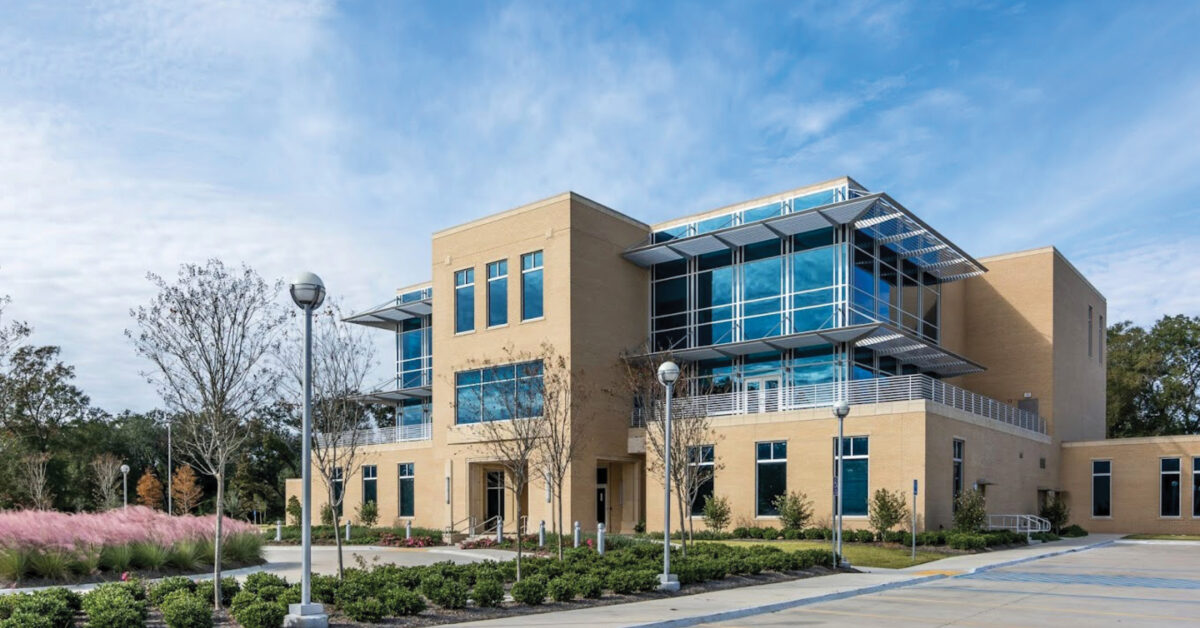
Mapping a Financial Road Plan at Every Stage of Life
August 2021
Say It With Your Smile
October 2021Managing money is a smart thing to do at any given time, but even moreso as we continue to recover from a series of natural disasters over the past 18 months, and we are once again in the middle of another hurricane season. Employment issues, property repairs, dealing with insurance agents, and higher costs of living have stretched our resources and challenged our abilities to make wise financial decisions.
Here are our top 10 tips to help us get our finances back on track.
- Switch to online or mobile banking. Chris Foster, SWLA President at Merchants and Farmers Bank, reminds us that hurricane season is an excellent time to do this, when our infrastructure may be at risk.
- Consider a loan. “Interest rates are at historic lows,” says Foster. “So if you need help renovating or remodeling your home, now is a great time for a home equity loan. It’s also a great time to borrow for the purchase of a new home or car or refinance your current loans.”
- Invest with diversity in mind. During uncertain times, such as a pandemic, the key to investing is diversifying your portfolio. Many different types of stocks are setting historic highs, but they are currently not particularly predictable or stable. Buying a variety of stocks in different sectors helps protect your investments. Be sure to consult a Certified Financial Planner for investment advice.
- Live within your means. Simply put, spend less than you earn. Learn to differentiate between wants and needs. The best way to manage this is to create a budget for expenses,or employ the 50/30/20 rule – target 50 percent of your income toward needs, 30 percent towards wants, and 20 percent towards savings.
- Establish a saving habit. Make is easy by having money automatically withdrawn from your paycheck and put in a 401K or a monthly transfer from checking to savings. Set goals to keep you motivated. Start saving for retirement as early as possible. The sooner you get started, the less you’ll need to save. In your 20s, aim to save between 10-15 percent of your gross salary. If you start saving in your 30s, you’ll need to save up to 15-20 percent. If your employer offers a 401(k) match, contribute enough to get the full amount.
- Create an emergency fund. Circumstances such as job loss, accidents, or natural disasters can and do happen. Aim to have enough saved to cover three to six months of essential expenses.
- Stay on top of debt. It’s fine to use credit cards for convenience, but only if you don’t charge more than you can afford and can pay off in full each month. If you have student debt, stay up to date on payments.
- Be insured. No matter your age, you need health insurance. If you have a home or rent an apartment, you need home or renters’ insurance. Own a car? Insure that, too. Being financially viable means being prepared. Reach out to one of the many qualified insurance agencies in our area for their advice.
- Use your Child Tax Credits wisely. Starting in July 2021 through December 2021, the IRS is sending eligible families monthly advances of up to $300 per child under the age of six, and up to $250 per child ages six to 17, with the remainder available when people file their taxes. The actual amount depends on household income. While these payments are helping many families stay financially afloat, others may find themselves with extra money in hand each month. The challenge for them will be how to make the most of it. Rather than fritter it away, consider funding an emergency account, a 529 savings plan, a health savings account (HSA), a Roth IRA, an ABLE account (for children with disabilities) or a custodial account. Turn to a local accounting firm for direction specific to your needs.
- Find a banker whom you can trust and is easy to work with. Foster says choosing a bank where you can talk with someone and get tech support from a human is important. “Find a banker who understands your business and treats you as more than a number or a profit margin. This is more important now than ever given what we have gone through in the past 18 months with the pandemic and hurricanes.”
For more information, call or visit Merchants and Farmers Bank, 337-479-2086, 4091 Nelson Rd., Lake Charles, LA.






